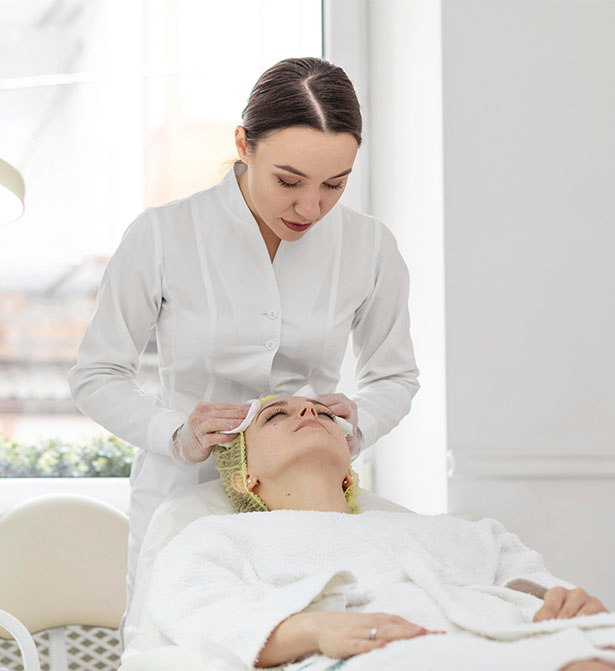The answer isn’t straightforward. It depends on your state’s regulations as well as how you structure your business. Understanding these complexities is crucial before making any investment decisions.
Let’s break down what you need to know.



These services fall within most PAs’ scope of practice. Acquiring these skills makes them well-qualified to work in aesthetic medicine.
Alternatively, a PA might manage day-to-day operations without being the legal owner.

In which states can physician assistants have their own practice? Several states currently allow PAs to practice with optimal independence, including:
But note that in many states, physician collaboration for certain aesthetic procedures or business ownership may still be required.
Most states require some level of physician involvement. This supervision might be either:
Even where laws seem permissive, state medical boards may impose additional restrictions through regulations or interpretive guidance. Always consult your state’s medical board for current requirements.

